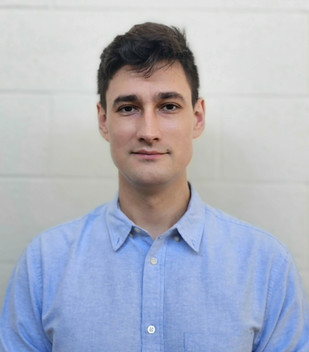Airat Ibragimov
Postdoctoral Fellow, Gorbunova/Seluanov Lab

You work in a laboratory. What are you currently researching?
I investigate how age-related loss of RNA polymerase II promoter-proximal pausing undermines transcriptional fidelity. As pausing fades, two consequences emerge: inflammatory gene programs become dysregulated, and retrotransposons that should remain silent are reactivated, promoting genome instability and chronic inflammation. My lab work focuses on defining these mechanisms and developing strategies to reverse them.
What was it that originally sparked your interest in biology?
Since childhood, I’ve wanted to understand the process of aging and ultimately slow it so people have more time with their loved ones. Later, as an undergraduate, I discovered the joy of research, fell in love with the scientific process, and decided to pursue a PhD in chromatin biology. For my postdoc, I chose to focus squarely on mammalian aging; age-related chromatin changes felt both promising and understudied. So, I changed fields and joined the Gorbunova lab.
What advice would you give to prospective students looking to study in our department?
Start by clarifying your own goals, then look for a lab and mentor whose work, training style, and resources match them. Speak with current trainees, review recent publications, and ask specific questions about expectations, feedback, and career development. This is a multi-year commitment—pick a place where you’ll be supported and challenged in the right ways.
What’s the most important thing that you’ve learned working here and/or studying biology?
Progress in research isn’t linear. Experiments fail, hypotheses fall apart, and that’s normal. Time and again I’ve seen that our predictions about how something “should” work don’t hold up—but the deviations are where the science gets exciting. Staying curious and learning from negative results are what move projects forward.
How do you unwind when you’re not in the lab?
My work is intense, and time is limited, so I recharge mostly by reading—and I may or may not be drafting my “first 100 moves” as a future PI.
